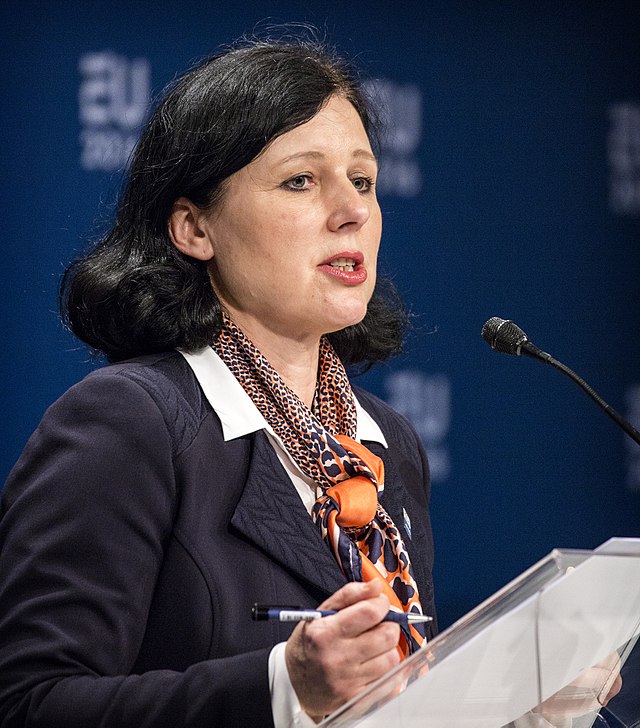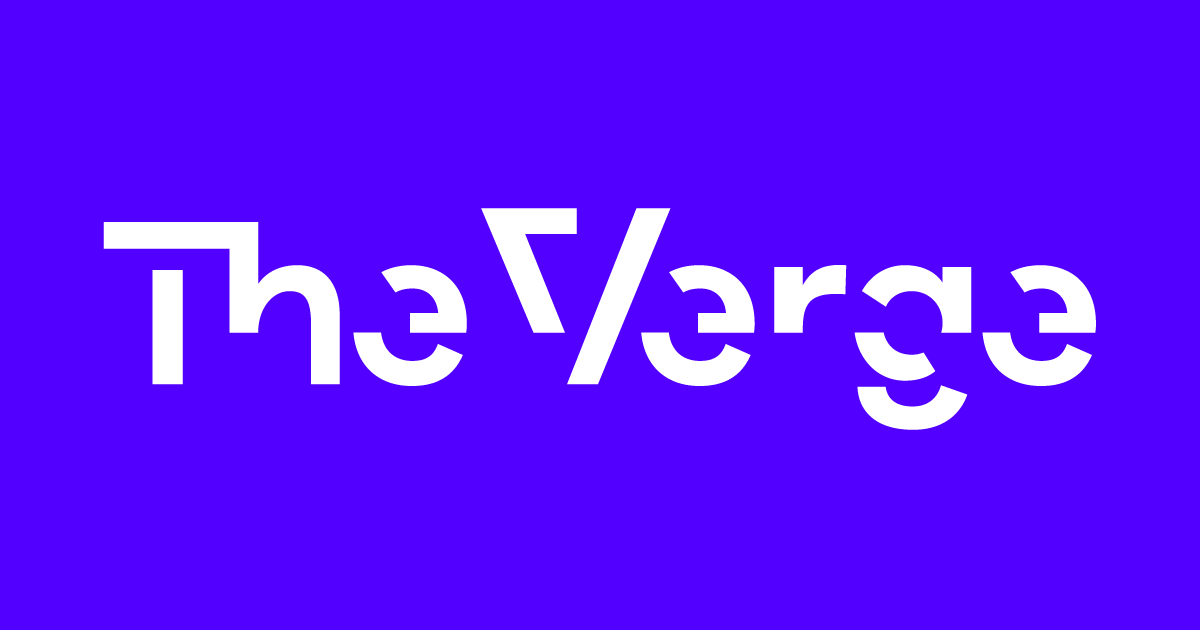The Facts
EU Commission VP Vera Jourova on Monday urged tech companies like Meta and Google to ramp up their fight against disinformation by adding labels to text, photos, and other content generated by artificial intelligence (AI). She also asked the companies, including TikTok and Microsoft, to sign onto the voluntary anti-disinformation agreement.
Jourova said the aim is to protect free speech, but added that "when it comes to AI, "[she doesn't] see any right for the machines to have the freedom of speech." The EU has taken the global lead in AI regulation, though its proposed AI Act still needs final approval and won't take effect for years.
The Spin
Pro-establishment narrative
The world is facing an unprecedented war of ideas and information, and the tech platforms on the front lines of this fight must take more action. Not only is Russia using existing digital platforms to undermine Western security, it now has its hands on the ever-powerful generative AI. The developers of this technology have signed up to voluntarily crack down on harmful content, but they must now push full steam ahead to ensure their emerging platforms aren't abused by the Kremlin or other global bad actors.
Establishment-critical narrative
As the EU ramps up its regulatory threats against tech companies, it's important to note what so-called disinformation they plan to crack down on. One of the Code of Practice's partners is the US State Dept.-funded Global Disinformation Index, which deems the New York Post, Real Clear Politics, The Daily Wire, The Blaze, and The Federalist, among others, as 'purveyors' of disinformation. This isn't about protecting digital freedoms or Ukraine, but rather crushing dissenting opinions.



